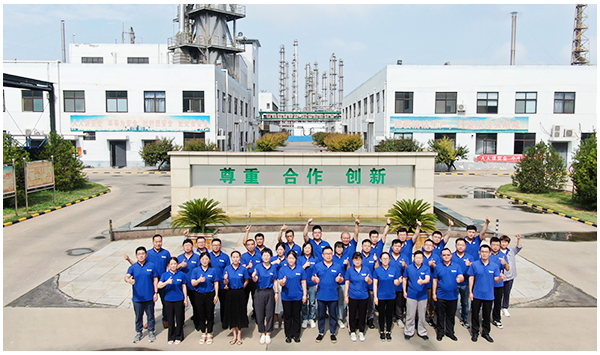
News
Oct . 31, 2024 06:51 Back to list
essential micronutrients for plants
Essential Micronutrients for Plants
Micronutrients are vital components in plant nutrition, playing critical roles in various physiological and biochemical processes
. Unlike macronutrients such as nitrogen, phosphorus, and potassium, which are required in larger quantities, micronutrients are necessary in smaller amounts but are equally important for plant health and development.Among the essential micronutrients are iron, manganese, zinc, copper, molybdenum, boron, and chlorine. Each of these micronutrients contributes to different functions within the plant system. For instance, iron is crucial for chlorophyll synthesis, which is fundamental for the process of photosynthesis. Without sufficient iron, plants can exhibit chlorosis, a condition characterized by yellowing leaves, particularly in younger foliage.
Manganese is another important micronutrient that aids in enzyme function, playing a pivotal role in photosynthesis and nitrogen metabolism. A deficiency in manganese can lead to various growth issues, including reduced leaf growth and irregular seed development. Similarly, zinc is crucial for promoting healthy growth and development, as it is involved in hormone production and helps in the formation of proteins. Zinc deficiency can result in stunted growth and poor berry formation in fruit crops.
essential micronutrients for plants

Copper is essential for various enzymatic reactions and is also involved in the formation of lignin, which provides structural support to plants. Molybdenum, though required in minute quantities, plays a significant role in nitrogen fixation, especially in legumes, and assists in the conversion of nitrates into ammonia.
Boron and chlorine, while required in smaller amounts, are also indispensable. Boron is involved in cell wall formation and reproductive development, and its deficiency can lead to poor fruit set. Chlorine is necessary for osmosis and ionic balance and contributes to photosynthesis.
While organic matter and growth mediums may contain traces of these micronutrients, it is essential for gardeners and farmers to regularly test soil health to ensure that plants receive the necessary micronutrients. Deficiency or imbalance in these micronutrients can lead to poor plant health, reduced yields, and susceptibility to diseases. Therefore, understanding and managing the micronutrient needs of plants is crucial for sustainable agriculture and optimal plant growth. Regular soil testing and appropriate fertilization strategies are key to maintaining a balanced nutrient supply for healthy plant development.
-
Polyaspartic Acid Salts in Agricultural Fertilizers: A Sustainable Solution
NewsJul.21,2025
-
OEM Chelating Agent Preservative Supplier & Manufacturer High-Quality Customized Solutions
NewsJul.08,2025
-
OEM Potassium Chelating Agent Manufacturer - Custom Potassium Oxalate & Citrate Solutions
NewsJul.08,2025
-
OEM Pentasodium DTPA Chelating Agent Supplier & Manufacturer High Purity & Cost-Effective Solutions
NewsJul.08,2025
-
High-Efficiency Chelated Trace Elements Fertilizer Bulk Supplier & Manufacturer Quotes
NewsJul.07,2025
-
High Quality K Formation for a Chelating Agent – Reliable Manufacturer & Supplier
NewsJul.07,2025
